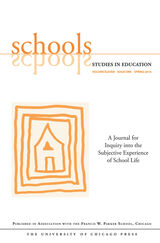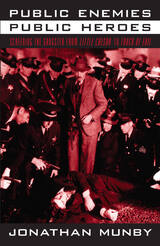We're Sorry...
The book you requested could not be found.
Here are some suggestions:
- Double check the ISBN: 9781621903710
- Try the Bibliovault Advanced Search page.
- Return to our homepage.
- Contact bv-help@uchicago.edu for more assistance.
- Take a look at one of these books, randomly selected:








